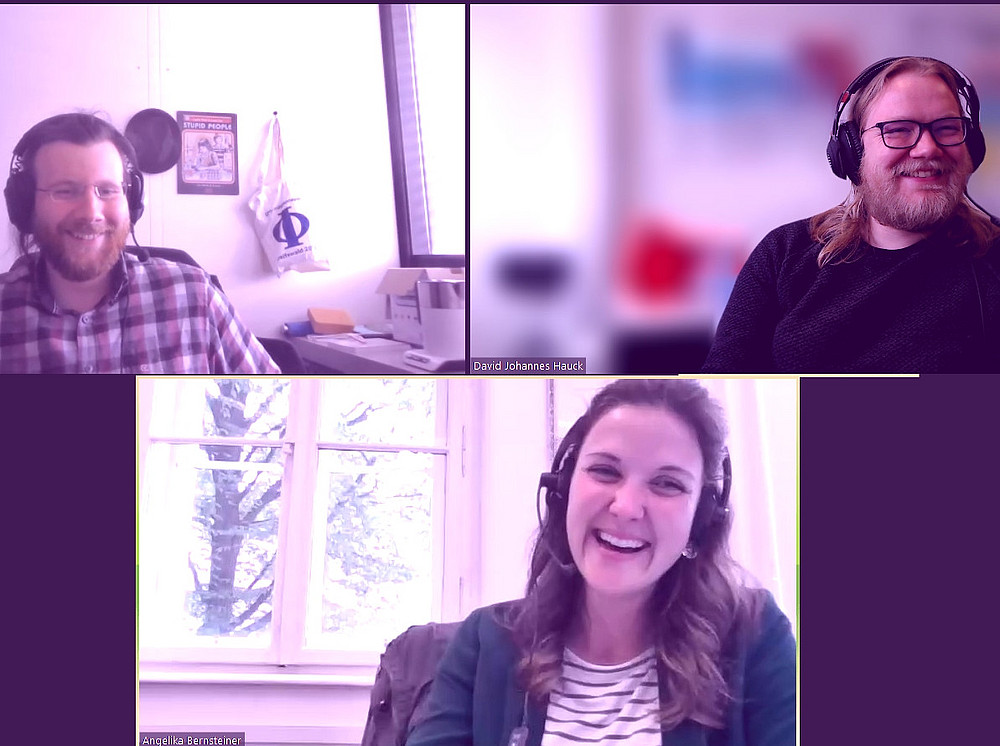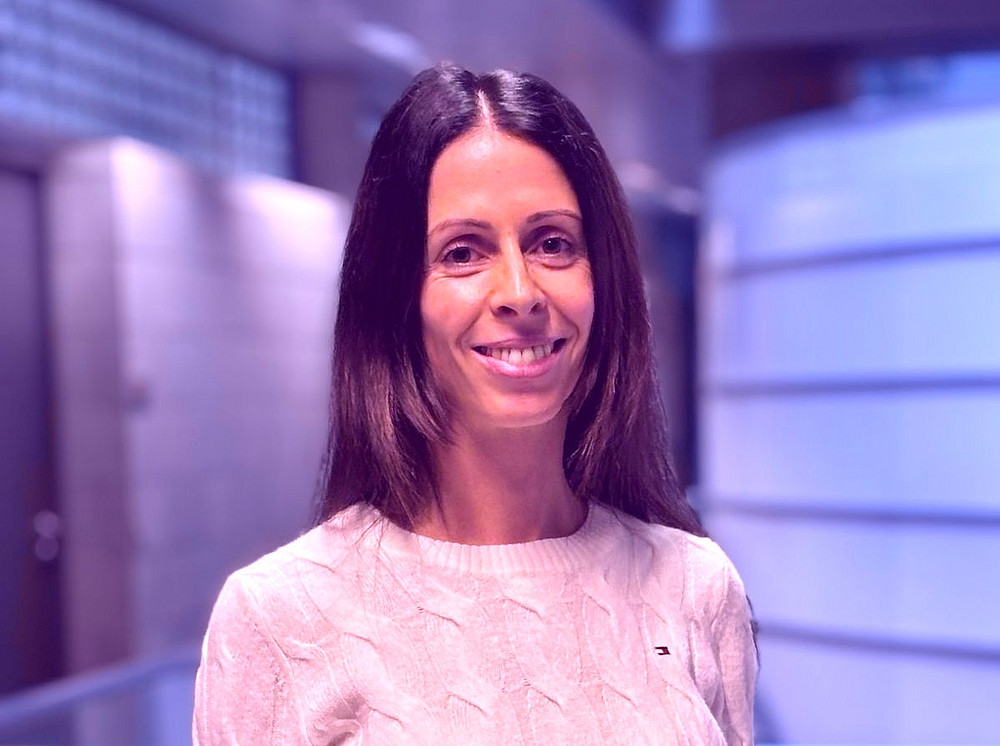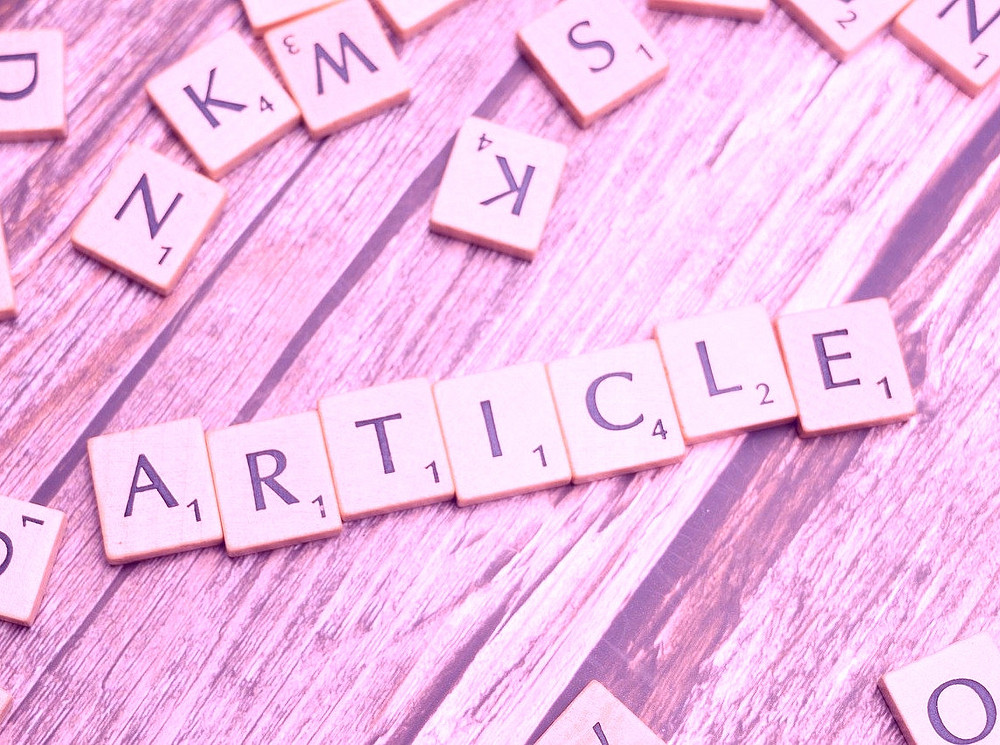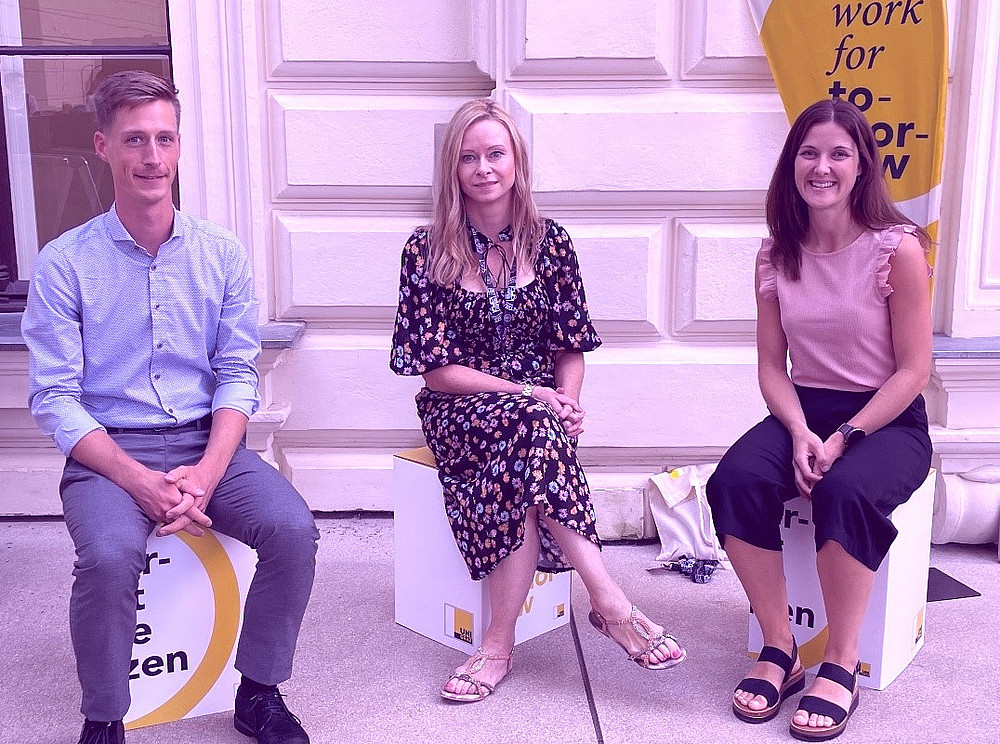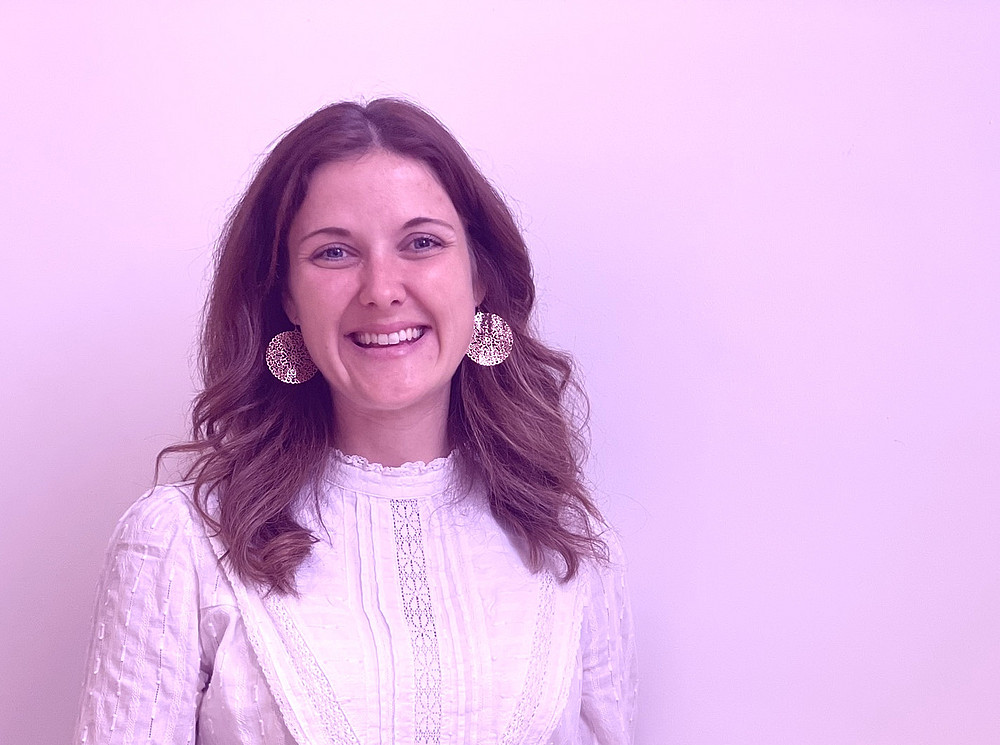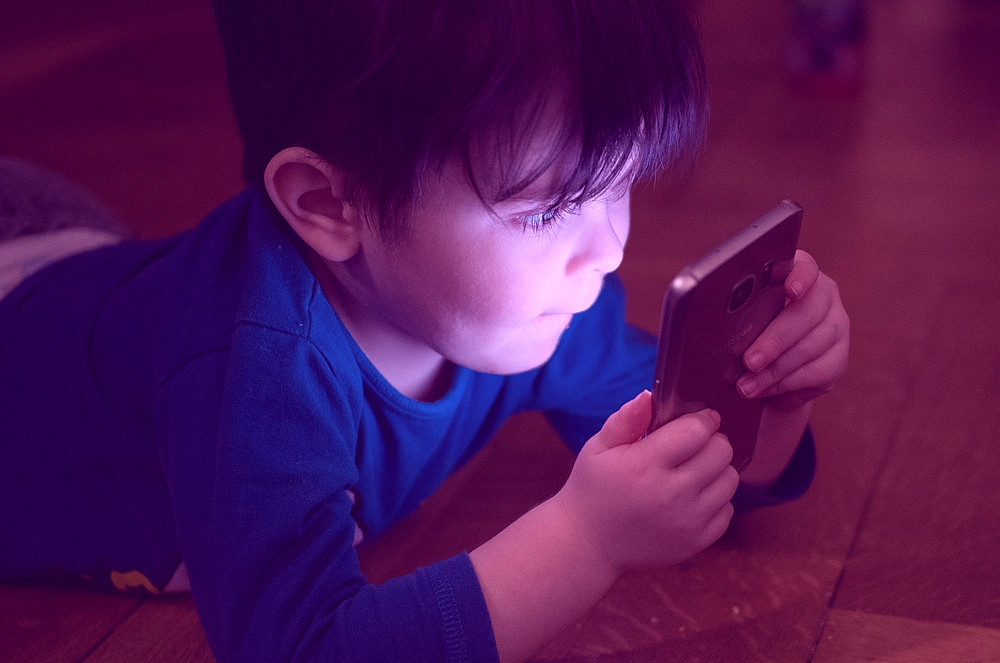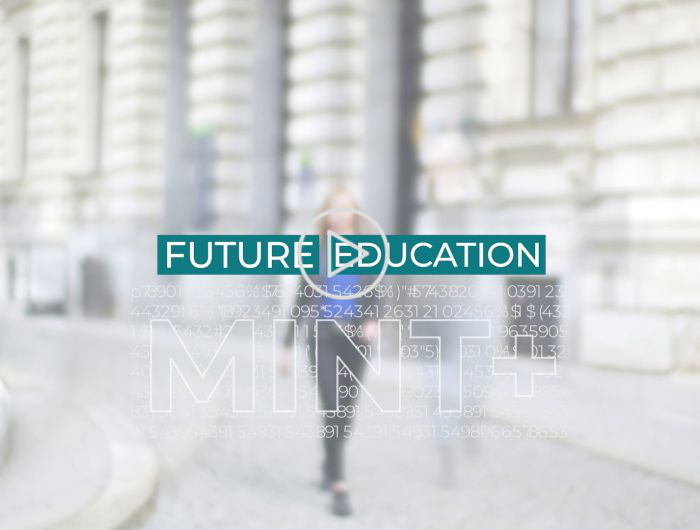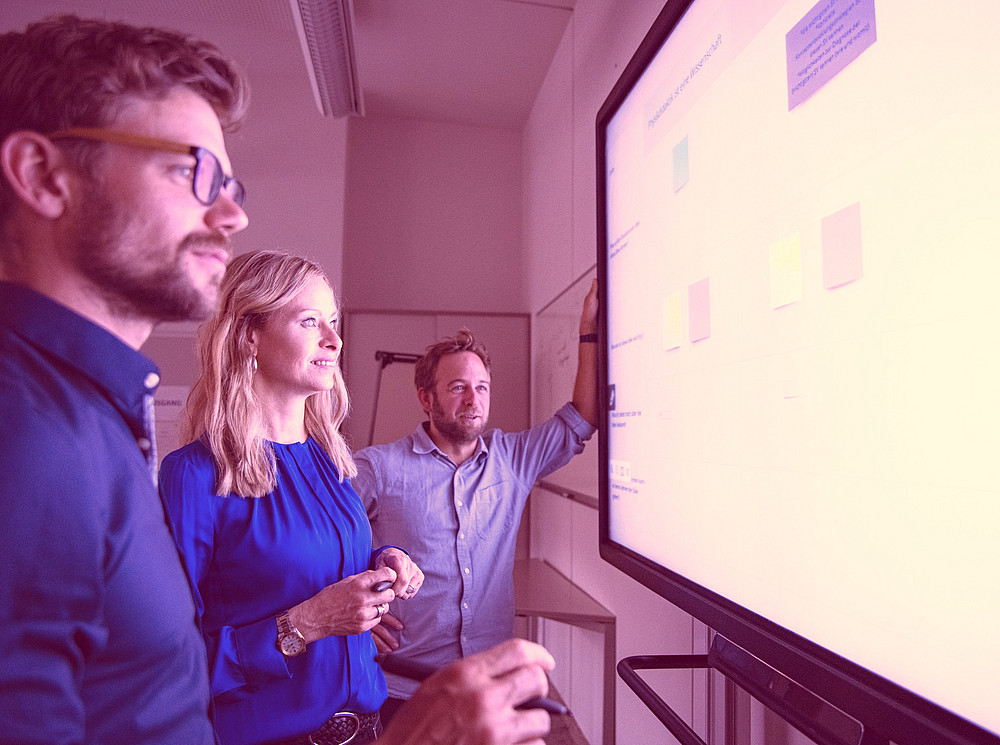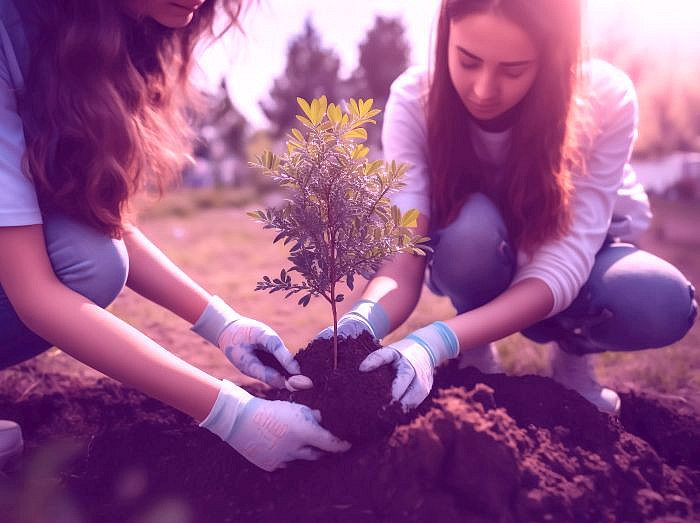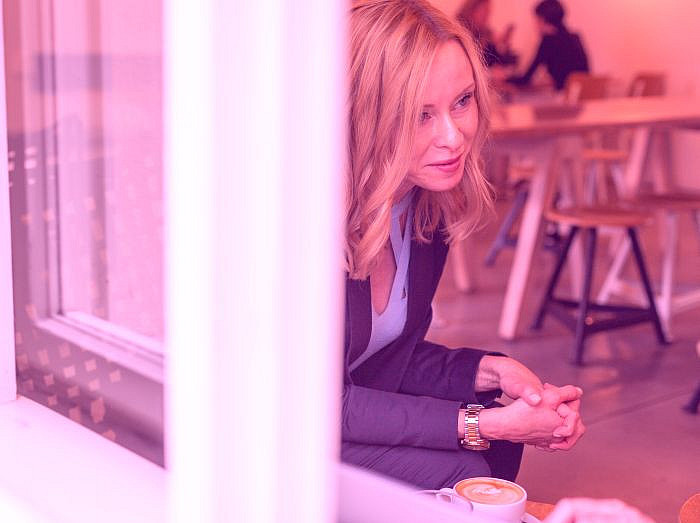Our society is confronted with increasing technologization and constant change. The accompanying developments are both a challenge and an opportunity. In the research cluster "STEM+ for a sustainable development of our society", different socially relevant topics are to be addressed in a differentiated manner through cross-disciplinary networking in order to advance long-term and sustainable development in the field of STEM+. Through interdisciplinarity and creative approaches, new opportunities arise to strengthen the independent discovery, research and development of children, adolesctents as well as adults in different roles. In addition to social, ecological and economic problems, ethical issues are also to be considered for the conception of innovative ideas or for the proactive co-design of our future. The aim is not only to awaken interest in STEM fields at an early stage, but also to make their points of contact with social areas recognizable, and, in analogy to responsible entrepreneurship education, for example, also to overcome stereotype formation by strengthening gender and diversity competence.
Angelika Bernsteiner talks about her dissertation in a podcast
In the latest episode of the podcast "NICHT im Fachraum essen! Teaching and learning in the natural sciences", cluster spokesperson Angelika Bernsteiner talks about what characterises our current digital age and what it takes to provide good teaching with and about digital media.
Research areas
-
Design of STEM+ teaching-learning processes
-
Development of STEM+ competencies
-
STEM+ Empowerment
-
Sustainability in and for STEM+
"The question of how learning technologies can promote learning should be asked during the development phase - not afterwards."
Silvia Lipp worked in the private sector for many years before embarking on a career in academia. After completing her doctorate, she has been working as a Senior Lecturer with extended research duties at the Institute of Business Education at the University of Graz since February 2025. She is a member of the MINT+ cluster in the FUTURE EDUCATION network.
Christina Krause: "You have to bake the students good bread so that they get a taste for maths"
Assistant Professor Christina Krause actually wanted to become a teacher. Now she teaches prospective maths teachers at the University of Graz and teaches them how to make maths appealing to students. She is involved in three clusters in the FUTURE EDUCATION programme: Educational Technology(s), MINT+ and Plurality and Diversity.
New insights into students' ideas about climate change published
Prof. Claudia Haagen-Schützenhöfer (University of Graz) together with Sarah Wildbichler (University of Innsbruck, first author) and Thomas Schubatzky (University of Innsbruck) recently published their article "Students' ideas about the scientific underpinnings of climate change: a systematic review of the literature" in the high-ranking journal Studies in Science Education.
"WattsAhead" project aims to promote energy expertise
Energy is precious and valuable. It is therefore important to use this resource responsibly. But what does that actually mean? And how can young people and adults learn energy literacy? This is the focus of the Sparkling Science research project "WattsAhead", in which researchers from the Universities of Graz and Innsbruck are working together.
Angelika Bernsteiner: "It's great to bring research results directly into the school!"
After completing her third Master's degree, she also completed a dissertation: Didactician Angelika Bernsteiner researched how student teachers of science subjects can be prepared to deal with digital media and disinformation in the classroom.
How much media use is healthy for young children?
What effects does the use of digital media have on young children? There is a considerable need for research on this question. The study "Young children in the digital world" at the University of Graz and the Medical University of Graz therefore investigated the influence of digital media on young children and pursued pioneering new approaches.
Video
The importance of STEM for the education of the future?
The researchers of the cluster give their answers to this question.
These YouTube videos make physics mentors fit for the classroom
Under the title "Physics Mentor Support" (PhyMeSup), the Department of Physics Education at the University of Graz has recorded a series of videos and published them on YouTube to support mentors in their work. The latest - and eighth - video has recently gone online Let yourself be inspired!
Inoculation: a way to protect young people from climate change myths?
Every day, we are bombarded with an unmanageable flood of information - never before has it been so easy to share content, views and attitudes with so many people. As diverse as the channels are, the quality of the information we receive through them is just as varied.
On students' understanding of the concept of climate change
Claudia Haagen-Schützenhöfer, physics didactician at the University of Graz, together with her colleague Thomas Schubatzky and researchers from the University of Bochum, has developed a test instrument that can provide information about the conceptual understanding of learners from the 8th grade onwards about the scientific foundations of global climate change. In this interview, she explains how pupils can learn to debunk fake news in class and when they are old enough to deal with climate change.
Cluster spokesperson
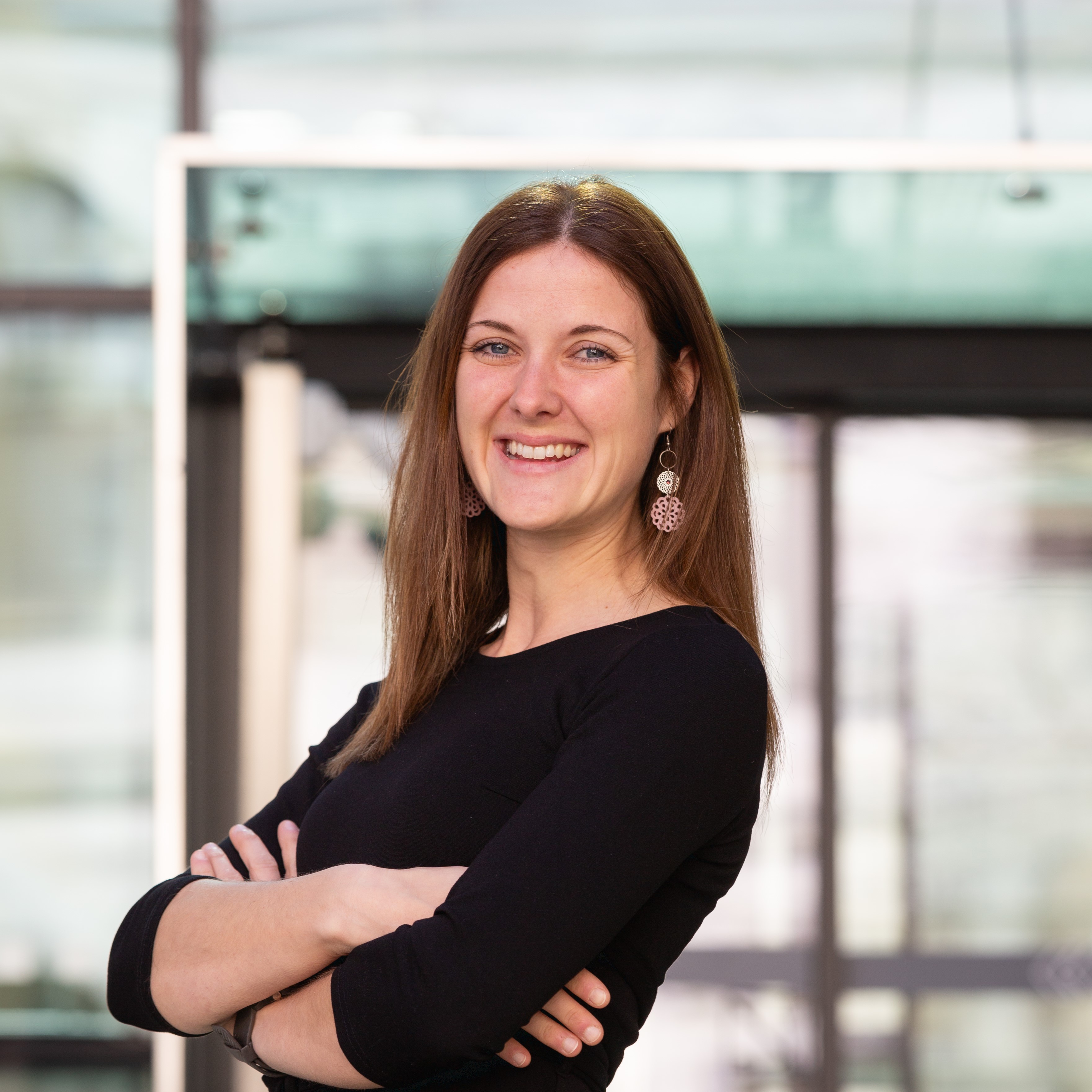
Mag.rer.nat. PhD MA. MA. Angelika Bernsteiner

